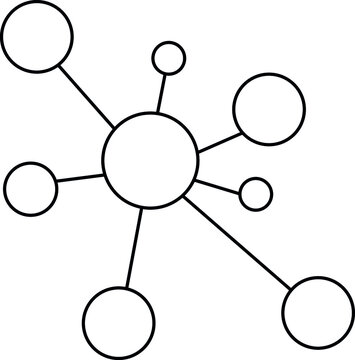#
70#
The concept of ICC (Individual Creative Capacity) and its relation to egalitarianism and aristocracy can be an interesting topic to explore from various angles, given your profile’s multidisciplinary approach. Here’s a brief discussion:
Low ICC and Egalitarianism:
In a context where ICC is low among individuals, there might be a tendency towards egalitarianism. This is because when creative capacity is limited, there may be less variation in contributions, and a society or system may aim to distribute resources and opportunities more equally.
In such a scenario, individuals might rely more on collective efforts, pooling their limited creative capacities to address common challenges.
High ICC and Aristocracy:
On the other hand, in a society or system where ICC is high among certain individuals or groups, you could see a more aristocratic dynamic. Those with high ICC may exert greater influence or control due to their exceptional creative capabilities.
This can lead to hierarchies or aristocracies where a select few dominate creative endeavors, decision-making, or resource allocation.
Balancing Egalitarianism and Aristocracy:
In practice, most societies aim for a balance between egalitarian principles and recognizing exceptional talent or ICC. They seek ways to reward and encourage creativity without leading to extreme disparities.
Policies and systems can be designed to promote innovation and creativity while ensuring that the benefits are broadly distributed.
Your expertise in hierarchical models and interdisciplinary thinking could be applied to model and analyze these dynamics across various domains, from arts and sciences to social and economic systems. If you have specific questions or want to delve deeper into any aspect of this discussion, please feel free to ask.
